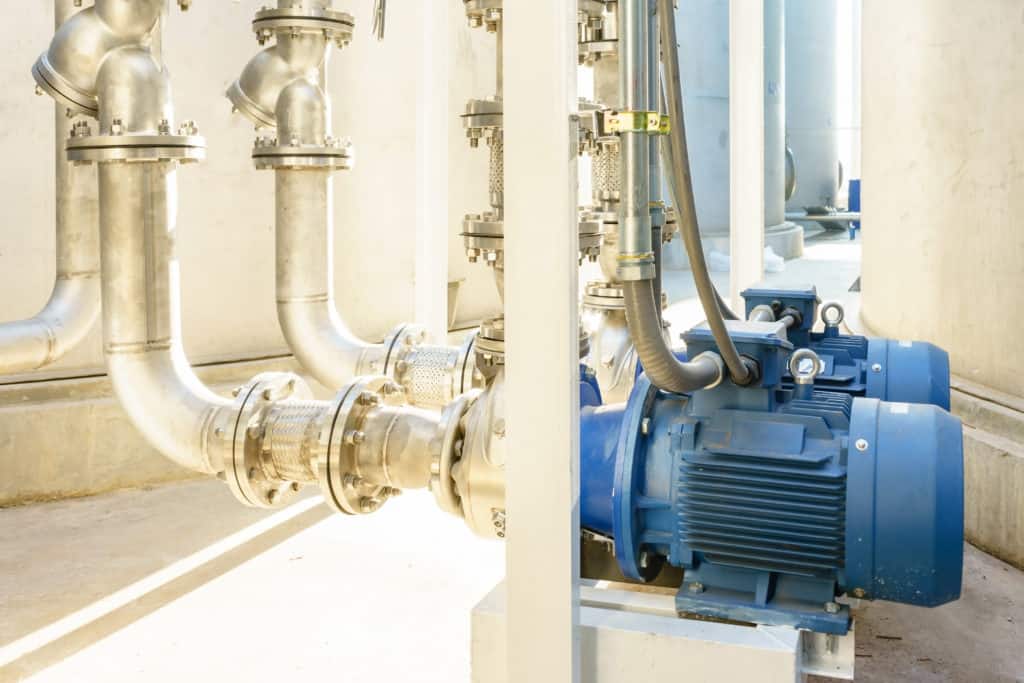Though you may use a submersible pump for any number of applications, they often shine the most in challenging environments. Submersible pumps are specifically designed to deal with harsh situations like mines, sewers and other inhospitable places. Every challenging environment brings with it a unique set of needs. Every operation will be a little different.
This is why it’s so important to make sure you have the right submersible pump for the job. Sometimes the pump’s daily operating conditions will expose it to constant stresses. Other times, the materials being pumped are abrasive, corrosive or highly hazardous and the pump will need to be made of specialized materials. Or, it will need to have specific features to handle whatever is being pumped through it.
Let’s look at some examples of harsh environments:
Fluids That Contain Abrasive Solids
Coal-powered plants, drilling operations and quarries typically generate fluid slurries that are full of highly abrasive materials. Regular pumps will not hold up in such conditions, because the fluids essentially act like sandpaper on the impeller and other pump components.
To combat this, you will want a submersible pump that is constructed of materials that are harder than cast iron. Specialized materials will be able to withstand the abrasion and impact damage without sacrificing flow rates. Rubber-lined pumps may also be an effective way to minimize corrosion, although they can be more costly to maintain and may limit the discharge head more than pumps built of more robust materials.
Landfills
Landfills are difficult environments that can be harsh and hazardous. Landfill pumps may handle highly corrosive and toxic chemicals and explosive natural gases. A submersible pump for a landfill must be designed correctly and be constructed of the proper materials to withstand such tough conditions.
Pumps built from stainless steel materials can minimize corrosion in coniditions found at landfills. Sealing systems is extremely important to prevent leaks when dealing with hazardous or toxic chemicals that can do damage to the internal working of the pump and the environment.
High Temperatures
Whenever you are dealing with fluid temperatures above 104 °F, your submersible pump is at risk of failure. Elastomers can melt and the hot water can penetrate the pump motor. You’ll want a submersible pump designed to handle high temperatures. We recommend the Fahrenheit Series from BJM Pumps, which are rated for temperatures up to 200 °F.
Explosive Materials
Any application involving decomposed waste matter, which produces methane, or other volatile gases, requires an explosion-proof submersible pump. Such applications include gas production, manure washdown, sewage treatment, distilleries and leachate. If the equipment produces any kind of spark, it can lead to a catastrophic explosion.
If you have a harsh environment and need to select and configure the ideal submersible pump to handle such a demanding application, Cortech can help. Let our engineering experts guide you in finding the right pump and customizing it to meet your production and safety needs. You do not want to take chances with a harsh environment or hazardous materials, so contact Cortech today for expert service and professional pump advice.

